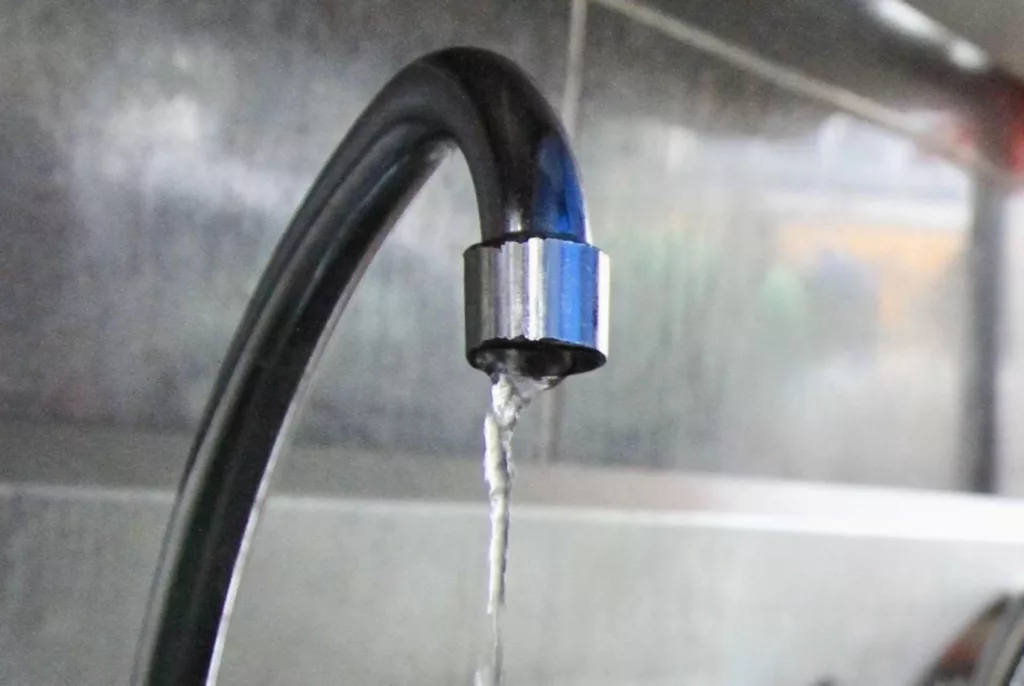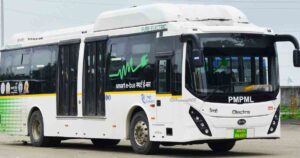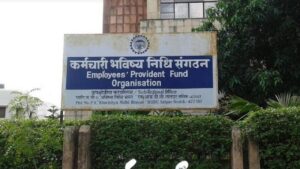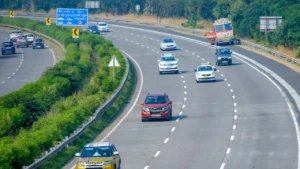Pune’s Water Crisis to Be Like Bengaluru’s As Water Sources Deplete Rapidly

Pune’s Water Crisis to Be Like Bengaluru’s As Water Sources Deplete Rapidly
The grim situation is fuelled by the unchecked discharge of massive untreated sewage directly into rivers and water bodies, signalling a dire lack of concern for precious water resources among governmental bodies, elected officials, politicians and even the citizens.
26 April 2024
By Ishika Kumar
Pune, 24th April 2024: The expansive city of Pune is facing a crisis as its water sources rapidly dwindle, driven by a combination of factors including rampant urbanisation, water pollution and unbridled extraction of groundwater. The grim situation is fuelled by the unchecked discharge of massive untreated sewage directly into rivers and water bodies, signalling a dire lack of concern for precious water resources among governmental bodies, elected officials, politicians and even the citizens.
Non-governmental organisations (NGOs) specialising in water-related issues have raised this red flag, warning that unless urgent action is taken to rectify the current practices, Pune could soon find itself in a water crisis akin to the one that has plagued Bangalore in recent years. In response to this pressing predicament, concerned organisations have hooped in together to craft a comprehensive water manifesto, aimed at compelling political parties and electoral candidates to prioritise water management efforts and adopt them in their agendas.
Prominent among the NGOs commanding this initiative are Gram Gaurav Pratishthan, Vanarai Organisation and the Gokhale Institute of Politics and Economics. The pivotal moment came during a recent conference convened on Tuesday, 23rd April, where leading figures in water management, including esteemed water expert Pradeep Purandare, Trustee of Gram Gaurav Pratishthan Kalpana Salunkhe, Executive Trustee Dr Sonali Shinde, Prasad Sevekari and Coordinator Amit Wadekar, came together to address the issue at hand.
Pradeep Purandare, renowned for his expertise in water matters, reasoned the critical importance of effective planning, regulation and enforcement of water laws. He drew attention to the alarming neglect of dam maintenance and repair, stressing the urgent need for regular upkeep to ensure their continued functionality. Furthermore, Purandare emphasised the imperative of equitable water distribution and the need for a collective effort to ensure access to water for all individuals.
Kalpana Salunkhe, Trustee of Gram Gaurav Pratishthan, lamented and indicated that the persistent water crisis stems from decades of neglect, tracing its roots back to as early as 1972. She highlighted the failure of authorities to effectively manage available water resources, noting a severe departure from past policies that once advocated robustly for water-related issues. Salunkhe called for a renewed commitment from today’s representatives to address this existential challenge head-on.
Amit Wadekar amplified these sentiments, emphasising the need for elected officials to prioritise discussions on water-related matters, and also the critical essence of effective water resource management and regulation to cut the tide of depletion.
The manifesto put forth by these concerned organisations outlines a series of key recommendations aimed at tackling various facets of water management and ensuring sustainable usage for the future.
· Firstly, the baseline availability of water should dictate future urban planning and outlining of the city-development plans. Efforts should ensure that development is in harmony with the available water resources only. This approach can help prevent over-exploitation and ensure the long-term viability of water sources.
· Secondly, the implementation of water recharge initiatives in urban settings is essential to replenish groundwater levels. These initiatives can include rainwater harvesting, the creation of artificial recharge structures and the preservation of natural water bodies.
· Thirdly, combatting water leakage and water theft is crucial for conserving water resources. Measures such as the installation of water meters, regular maintenance of water distribution systems and the imposition of penalties for water theft can help reduce wastage and ensure equitable distribution.
· Fourthly, the regular maintenance and repair of dams are paramount to their continued functionality. The ‘3D’ scheme proposed by the manifesto aims to address this by focusing on timely dam desilting, desilting of canals and desalination of reservoirs.
· Fifthly, the manifesto proposes the dissolution of the Irrigation Department and the establishment of a River Basin Authority to streamline water management efforts and ensure integrated planning at the basin level.
· Sixthly, allocating funds for the repair and revitalization of minor irrigation projects can help enhance water availability for agricultural purposes, thereby supporting rural livelihoods.
· Seventhly, planning on a watershed and river basin basis is essential for holistic water management, as it allows for the consideration of interconnected water systems and ecosystems.
· Eighthly, prioritising water conservation initiatives and promoting schemes such as farm-to-demand can help reduce water usage in agriculture, which is a significant consumer of water resources; so is construction, as cement needs immense amounts of water for mixing.
· Lastly, the establishment of punitive measures against those illegally discharging sewage, industrial waste and chemical pollutants into rivers is crucial for safeguarding water quality and public health. Heavy fines and punishment like those under cognizable offences should be levied for such outrageous harm during a water shortage in the city.
These recommendations, if implemented with diligence and urgency, hold the promise of mitigating Pune’s water woes and ensuring a sustainable future for generations to come. As the clock ticks ominously, the onus rests on policymakers and citizens alike to heed the cry for help and take action before it is too late.









